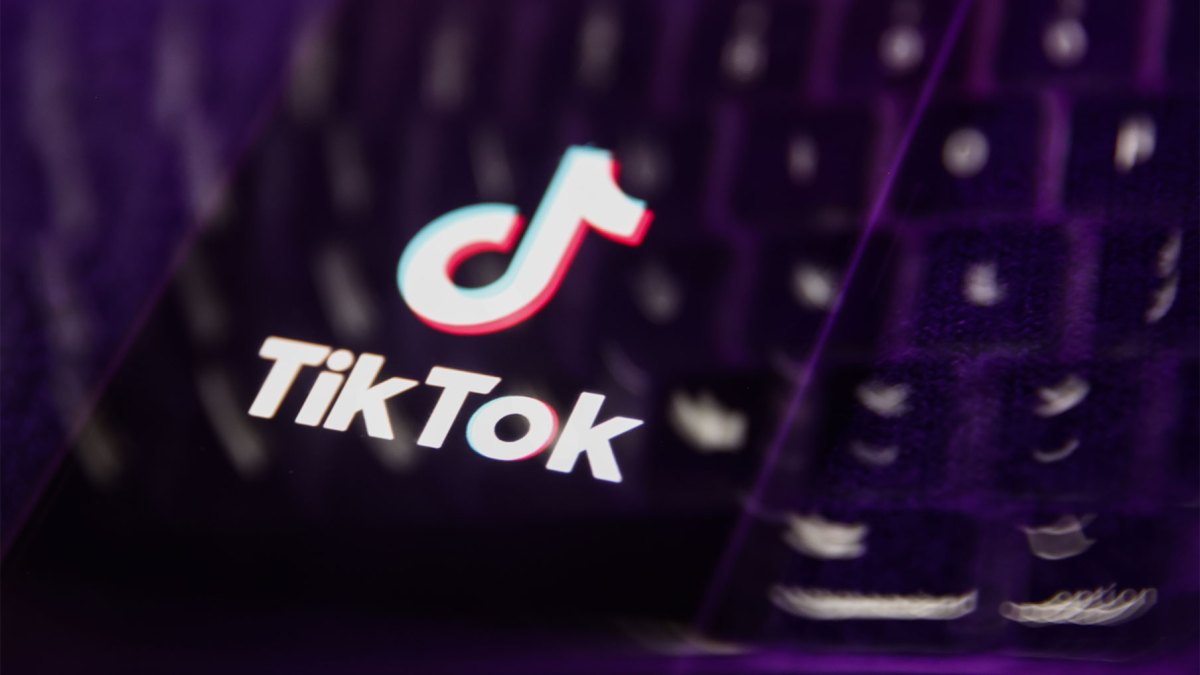Microsoft’s new Copilot AI agents act like virtual employees to automate tasks
Microsoft will soon allow businesses and developers to build AI-powered Copilots that can work like virtual employees and perform tasks automatically. Instead of Copilot sitting idle waiting for queries, it will be able to do things like monitor email inboxes and automate a series of tasks or data entry that employees normally have to do manually.
It’s a big change in the behavior of Copilot in what the industry commonly calls AI agents, or the ability for chatbots to intelligently perform complex tasks autonomously.
“We very quickly realized that constraining Copilot to just being conversational was extremely limiting in what Copilot can do today,” explains Charles Lamanna, corporate vice president of business apps and platforms at Microsoft, in an interview with The Verge. “Instead of having a Copilot that waits there until someone chats with it, what if you could make your Copilot more proactive and for it to be able to work in the background on automated tasks.”
Microsoft is previewing this new capability today to a very small group of early access testers ahead of a public preview inside Copilot Studio later this year. Businesses will be able to create a Copilot agent that could handle IT help desk service tasks, employee onboarding, and much more. “Copilots are evolving from copilots that work with you, to copilots that work for you,” says Microsoft in a blog post.
These Copilot agents will be triggered by certain events and work with a business’s own data. Here’s how Microsoft describes a potential Copilot for employee onboarding:
Imagine you’re a new hire. A proactive copilot greets you, reasoning over HR data and answers your questions, introduces you to your buddy, gives you the training and deadlines, helps you with the forms and sets up your first week of meetings. Now, HR and the employees can work on their regular tasks, without the hassle of administration.
This type of automation will naturally lead to questions about job losses and fears about where AI heads next. Lamanna argues that Copilot agents can remove the repetitive and mundane tasks of jobs, like data entry, instead of replacing jobs entirely.
“What makes a job, what makes a role? It’s a bunch of different tasks and generally it’s a very large number of very diverse and heterogeneous tasks. If someone did one thing over and over again, it probably would have already been automated by current technology,” says Lamanna. “We think with Copilot and Copilot Studio, some tasks will be automated completely… but the good news is most of the things that are automated are things that nobody really wants to do.”
Microsoft’s argument that it only wants to reduce the boring bits of your job sounds idealistic for now, but with the constant fight for AI dominance between tech companies, it feels like we’re increasingly on the verge of more than basic automation. Lamanna believes human judgment and collaboration are still important parts of getting work done and that not everything will be suitable for automation.
There are also still a lot of problems with generative AI right now, especially around hallucinations where it just confidently makes stuff up. Microsoft says it has built a number of controls into Copilot Studio for this AI agent push so that Copilot doesn’t simply go rogue and automate tasks freely. That’s a big concern that we’ve seen play out already with Meta’s own AI ad tools misfiring and blowing through cash.
You can build Microsoft’s Copilot agents with the ability to flag certain scenarios for humans to review, which will be useful for more complex queries and data. This all means Copilot should operate within the confines of what has been defined and the instructions and actions that are associated with these automated tasks.
Microsoft is also making it easier for businesses to bring their own data into their custom Copilot, with data connections to public websites, SharePoint, OneDrive, and more. This is one part of a broader effort inside Microsoft to make Copilot more than just a chatbot that generates things.
“Copilot in 2023 — and Microsoft — was very focused on searching over your data, summarizing your content, and generating new content. We think Copilot in 2024 is going to be very focused on customization,” says Lamanna. New Copilot extensions will enable part of this customization, allowing developers to build connectors that extend Copilot across line of business systems.
Microsoft also wants Copilot to work with groups of people more, instead of these one-to-one experiences that have existed over the past year. A new Team Copilot feature will allow the assistant to manage meeting agendas and notes, moderate lengthy team chats, or help assign tasks and track deadlines in Microsoft Planner. Microsoft plans to preview Team Copilot later this year.
At Google I/O last week, the search giant also showed some early concepts for its own AI agents that automate tasks for you, demonstrating how Gmail users would be able to use an AI agent to automatically complete a return form for some shoes and have someone collect them.
The big question that remains is how all of these AI agents will work in reality. We constantly see AI fail on basic text prompts, provide incorrect answers to queries, or add extra fingers to images, so do businesses and consumers really trust it enough to automate tasks in the background? I guess we’re about to find out.
Notepad by Tom Warren /
A weekly newsletter uncovering the secrets and strategy behind Microsoft’s era-defining bets on AI, gaming, and computing.






